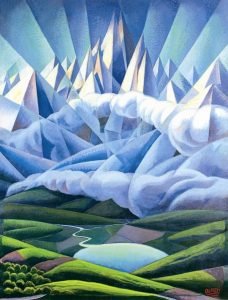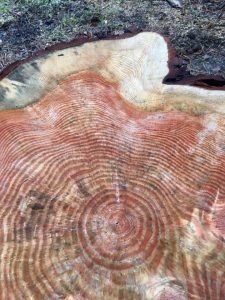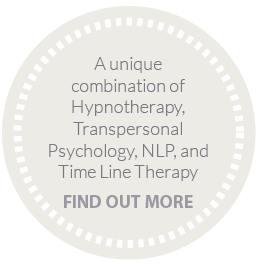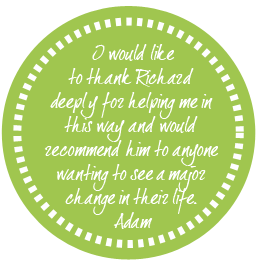My first memorable introduction to poetry, and its potential to open minds, hearts, and spirits, came  through an old friend. The poem was Max Ehrmann’s ‘Desiderata’. After a long hiatus, I returned to reading and reflecting on poetry during challenging times…
through an old friend. The poem was Max Ehrmann’s ‘Desiderata’. After a long hiatus, I returned to reading and reflecting on poetry during challenging times…
Go placidly amid the noise and haste, and remember what peace there may be in silence.
As far as possible, without surrender, be on good terms with all persons.
Speak your truth quietly and clearly; and listen to others,
even to the dull and ignorant; they too have their story.
Avoid loud and aggressive persons, they are vexations to the spirit.
If you compare yourself with others, you may become vain and bitter,
for always there will be greater and lesser persons than yourself.
Enjoy your achievements as well as your plans.
Keep interested in your own career, however humble;
it is a real possession in the changing fortunes of time.
Exercise caution in your business affairs, for the world is full of trickery.
But let this not blind you to what virtue there is;
many persons strive for high ideals,
and everywhere life is full of heroism.
Be yourself. Especially do not feign affection. Neither be cynical about love;
for in the face of all aridity and disenchantment it is as perennial as the grass.
Take kindly the counsel of the years, gracefully surrendering the things of youth.
Nurture strength of spirit to shield you in sudden misfortune.
But do not distress yourself with dark imaginings.
Many fears are born of fatigue and loneliness.
Beyond a wholesome discipline, be gentle with yourself.
You are a child of the universe no less than the trees and the stars;
you have a right to be here. And whether or not it is clear to you,
no doubt the universe is unfolding as it should.
Therefore be at peace with God, whatever you conceive Him to be.
And whatever your labors and aspirations, in the noisy confusion of life,
keep peace with your Soul. With all its sham, drudgery and broken dreams,
it is still a beautiful world. Be cheerful. Strive to be happy.
I’ve highlighted the last paragraph, and for good reason. Whatever and however we each conceive of a higher power beyond ourselves, I am drawn to the very last phrase; strive to be happy. We apply ourselves in our daily work of living, and somewhere in amongst all that sense experience, we might be blessed with a state of being we call ‘happiness’. I say happiness as a state of being to mean a collection of thoughts, emotions, physical, embodied sensations, inner images and perhaps impulses that inform ‘me’ that all is good with reality. It might be fleeting, temporary, and it’s a pretty awesome experience, that gestalt/wholeness that is happiness, wouldn’t you agree?
So what is the how and where, which can lead to the why, of that embodied wholeness we might call happiness? My own personal experiences inform me that genuine happiness unfolds as a consequence of the meaning we ascribe to our purpose…assuming we a. have a purpose, b. are aware of that purpose, and c. consciously decide, each day, to align our thoughts, emotions, impulses and actions with that purpose. Recently I’ve been listening to and reading a lot of, and about, Dr Jordan Peterson. A practising clinical psychologist and professor of psychology at the University of Toronto, he has acquired quite a reputation since c.2012.
The reason why I’m bringing Dr Peterson into this post is that of purpose and meaning, two words close to my heart. He calls out a lot of the overly simplistic New Age take on life by stating, directly and without remorse, that life can be tragic and hollow. That’s life. We can make the time and effort to get to know ourselves, including those parts of us we’d rather keep locked away in the basement of psyches, and aim to leave the world (and we shall, make no doubt about that) in a better shape than we came into it – what Dr P calls ‘Order’ – or make choices that lead to ‘Chaos’. Do what ever you want, just make sure you’re willing to take responsibility for what follows. He doesn’t pull any punches, and given the malaise Western civilisation is currently in, he may have a point.
Without a personal (and communal) meaning and purpose to our experiences, how can we experience ‘happiness’? I’m going to make a small change to that last statement in the poem, that through life’s chaos and order we arrive back at happiness…
Be cheerful. Strive to live purposefully, and happiness, however fleeting, will follow.





